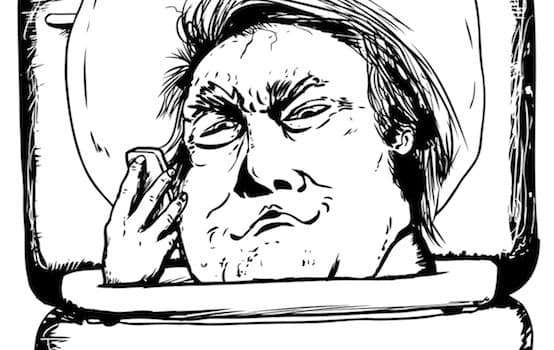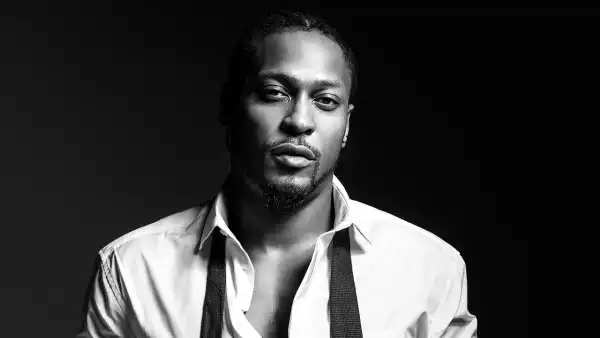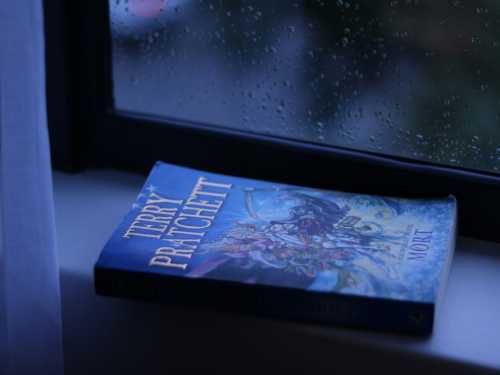
Words matter more than actions, which is why Aristotle defined virtue as “habitual action.” Yet modern politics has reversed the Athenian conventional wisdom regarding “sticks and stones” and “cheap talk.” One of the traits of effective American leaders, argues the presidential historian Richard Reeves, is the realization that it is impossible to govern a nation as large and diverse as the United States with actions, especially when the branches of government are under the control of different parties. It is with words that a president must govern.
During the 2016 presidential election, critics of Donald Trump, along with his opponent, Hillary Clinton, often condemned him for his crudity. Threatening to turn the nation’s political discourse into a transcript of a “Beavis and Butt-Head” episode, Trump made implications about Megyn Kelly’s menstrual cycle, boasted of his large penile endowment, and mocked the idea of “presidential” behavior. Senator Marco Rubio, embarrassing himself more than anyone, attempted to trade juvenile barbs with Trump as a last resort to save his dying candidacy, and Trump’s most fervent supporters, according to many journalists, emulated their idol’s example by transforming his rallies into professional wrestling extravaganzas, chanting “CNN Sucks,” wearing T-shirts with repulsively misogynistic phrases on them, and finding perverse pleasure in shocking their better-mannered compatriots.
A common, and commonly nauseating, defense of Trump’s vulgar behavior was to deflect away from the words and actions themselves with accusations of elitism against his critics. “They just don’t like Trump because he is crude” and “They just don’t like the way he says things” were common refrains for, ironically enough, many conservatives who in any other circumstance would have been aghast at such puerility.
None of this cultural decline was unpredictable. Historian and social critic Morris Berman wrote a trilogy on this very subject, and in the first book, The Twilight of American Culture, published in 2000, he observed a general coarsening of American life, found in politics and entertainment, and also in how private citizens relate to one another. Although not a factor in Berman’s book, social media often favors those who can communicate in slick and snarky slogans, and transform even mild disagreements into the rhetorical equivalent of a barroom brawl. It now appears that a significant minority of Americans prefer their leaders to speak and behave in ways that do not elevate their culture, but recreate and enhance its worst elements.
As a consequence, the United States now has a president who reportedly denigrated Haiti and African nations during a meeting with members of Congress as “shithole countries.” Many pundits and politicians have excoriated Trump for the implied racism of his remarks (it is important to note that he followed the insult by wondering aloud why America doesn’t take more immigrants from Norway), while others have, with good reason, focused on the words’ apparent ignorance (African immigrants, after all, have a higher college graduation rate and lower crime rate than the general population).
But there’s another element to what Trump said, one that’s gotten too little attention: its sheer vulgarity. “Shithole” is not only profane, it is ugly. Trump is certainly not the first president to speak with intemperate language. Lyndon Johnson’s tongue was notorious, as was Andrew Jackson’s (the man Trump claims as his hero). President Obama, the most elegant of the modern presidents, privately called the escalating war and dysfunction in Libya a “shit show.”
If reports about Trump’s crude behavior are true, however, he made the statement in a context he knew would make his remarks public, and, as Erick Erickson claims, he later called friends to boast about what he had done.
The ill effects of public vulgarity aren’t as evident as those of bad policy or failures of diplomacy, but they still degrade the American experience, making the general culture less habitable, less enjoyable, and even less beautiful.
Ralph Ellison wrote that one of his goals as an artist and novelist was to “endow inarticulate characters, scenes and social processes with eloquence.” The essentiality of eloquence is indisputable because the interests of art and democracy converge at the point of articulation. “The development of conscious, articulate citizens is an established goal of democracy,” Ellison explains, “and the creation of conscious, articulate characters is indispensable to the creation of resonant compositional centers through which an organic consistency can be achieved in the fashioning of fictional forms.” Literature is what Ellison calls a “symbolic action, a game of as if,” but, like politics at its best, it is also a “thrust toward the human ideal.” Eloquence expresses the ideal, while vulgarity violates it.
Most parents understand Ellison’s wisdom as part of their daily routine. I grew up in a middle class home in the suburbs. As a small child, I once called a classmate’s home on the proverbial “wrong side of the tracks” a “dump.” My mother and father came down on me with swift and severe punishment, making it clear that mockery of another person’s home was morally intolerable.
Now we have a president who talks that way, who not only speaks at the level of a fourth grader, as many linguists have claimed, but uses language that no good teacher would permit in a fourth grade classroom.
Eloquence was essential to the progression of American history, and, through various social and political crises, the maintenance of democracy. The Civil War had Abraham Lincoln. The Great Depression and World War II had Franklin Roosevelt. The civil rights movement had Martin Luther King. The Cold War had John F. Kennedy and Ronald Reagan. All were superb speakers who used their words to rise to their respective moments, not to cuss out and demean those different from them.
The present crisis is not as immediate or potentially fatal as the ones above, but it is still urgent. It is the combination of widespread mistrust in public institutions, and the slow surrender of civil society in American discourse. Communication, especially in political debate, has become immature, mean-spirited, and shallow. Tantrums seem more prevalent than arguments.
In the role of leadership is a president whose language cannot possibly elevate the ceiling of human ambition; in fact, it can only cause a collapse. Much of the public seems fine with that.
David Masciotra (www.davidmasciotra.com) is the author of four books, including Mellencamp: American Troubadour (University Press of Kentucky) and Barack Obama: Invisible Man (Eyewear Publishing).
Sourse: theamericanconservative.com






